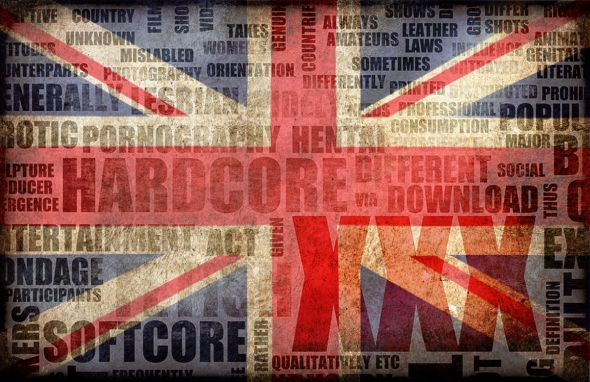The long-discussed plans to put up a blanket block on Internet Porn in the UK has been turned down by Ministers in the UK, describing it as an “attack” on our civil liberties by restricting what we use the internet for.
At the start of the year, internet service providers were asked to block access to pirating and illegal download website The Pirate Bay, and then ministers and campaigners also have been spearheading an operation to get the same bans in place for porn with all UK ISPs.
The plans basically meant that in order to access XXX/Adult content that users would need to contact their internet service providers to ask for the ability to view such websites, instead of having free access to the net.
Campaigners petitioned that the blanket ban would prevent children getting access to inappropriate materials, but after carrying out a public consultation the British government has found that the blanket ban has not been widely supported, with only 35 per cent of parents wanting an automatic bar. 15 per cent wanted the content filtered with an option to block further material, and a majority of 50% of people who did not want any ban put in place at all.
One of the spearheads for the campaign and Conservative MP of Devizes (Wiltshire) Claire Perry has spoke to BBC News and she has stated: “[I’m] obviously disappointed that the opt-in option has been rejected,” she said. “Clearly that was not the preferred choice of the 3,500 people who responded to the consultation and we have to base policy on what’s been received not what we want.”
Plus the NSPCC (National Society for the Prevention of Cruelty to Children) has expressed their annoyance that more parents’ voices were not being heard, as they say that of the 35,000 people polled, only 757 were parents specifically.
However, Nick Pickles, director of Big Brother Watch, which is opposed to default filtering, said: “This is a positive step that strikes the right balance between child safety and parental responsibility without infringing on civil liberties and freedom of speech.
“The policy recognises it is parents, not government, who are responsible for controlling what their children see online and rightly avoids any kind of state-mandated blocking of legal content.”
With the Internet’s “freedom” becoming more and more of a big issue of opinion, it’s probably not the last time that a bill of this nature will be brought up and put forward in the UK, but for the moment everything will stay exactly as it is.

